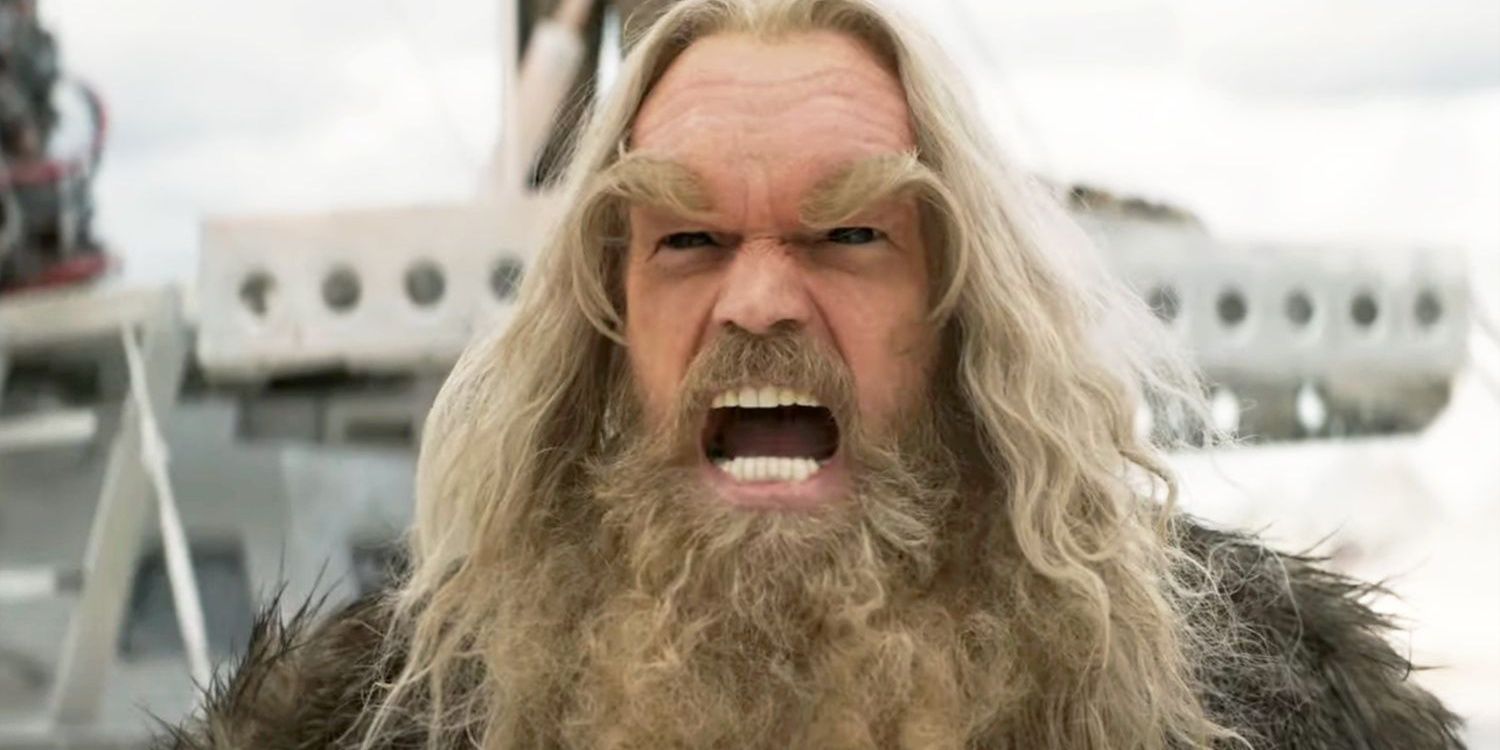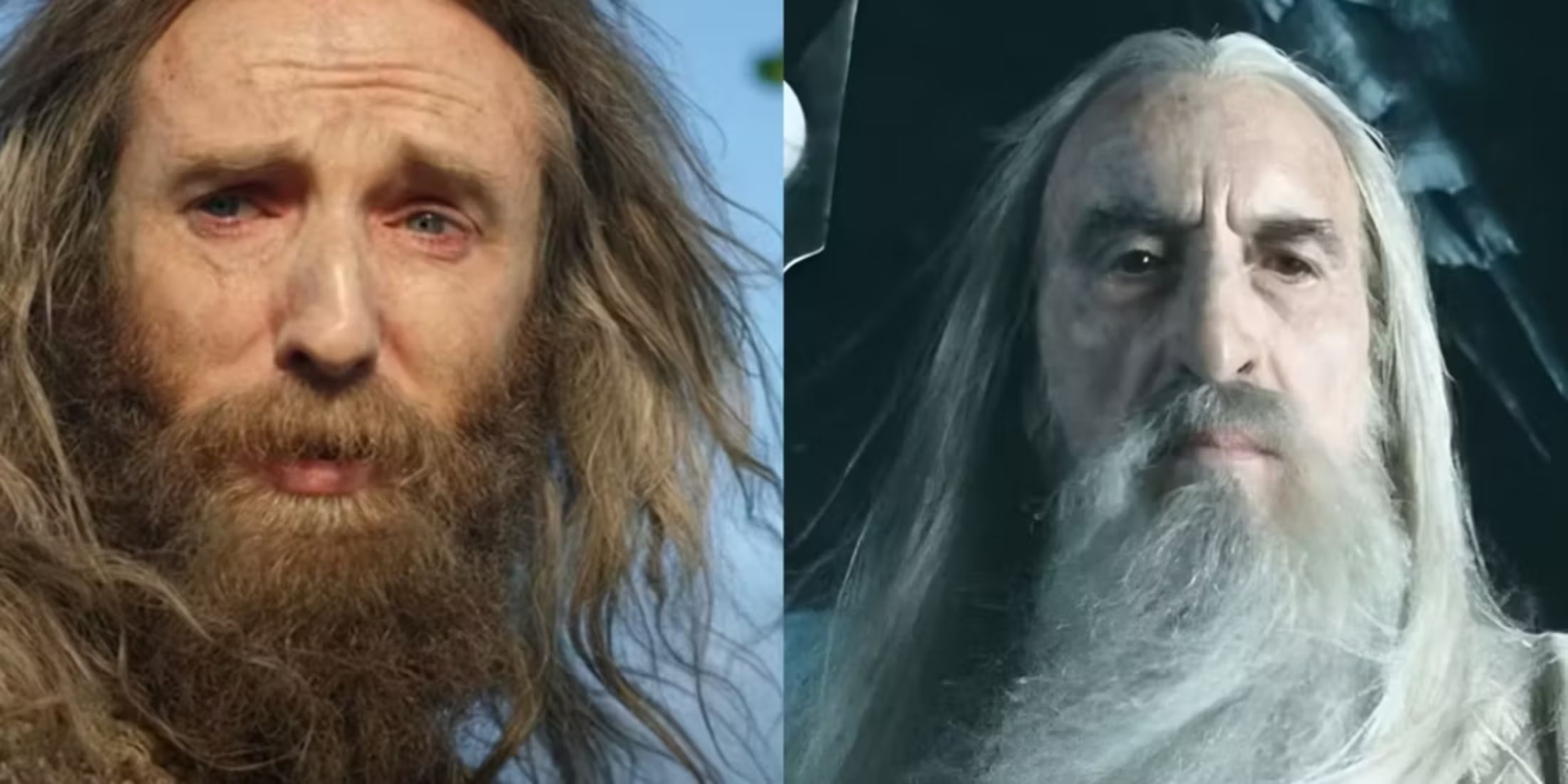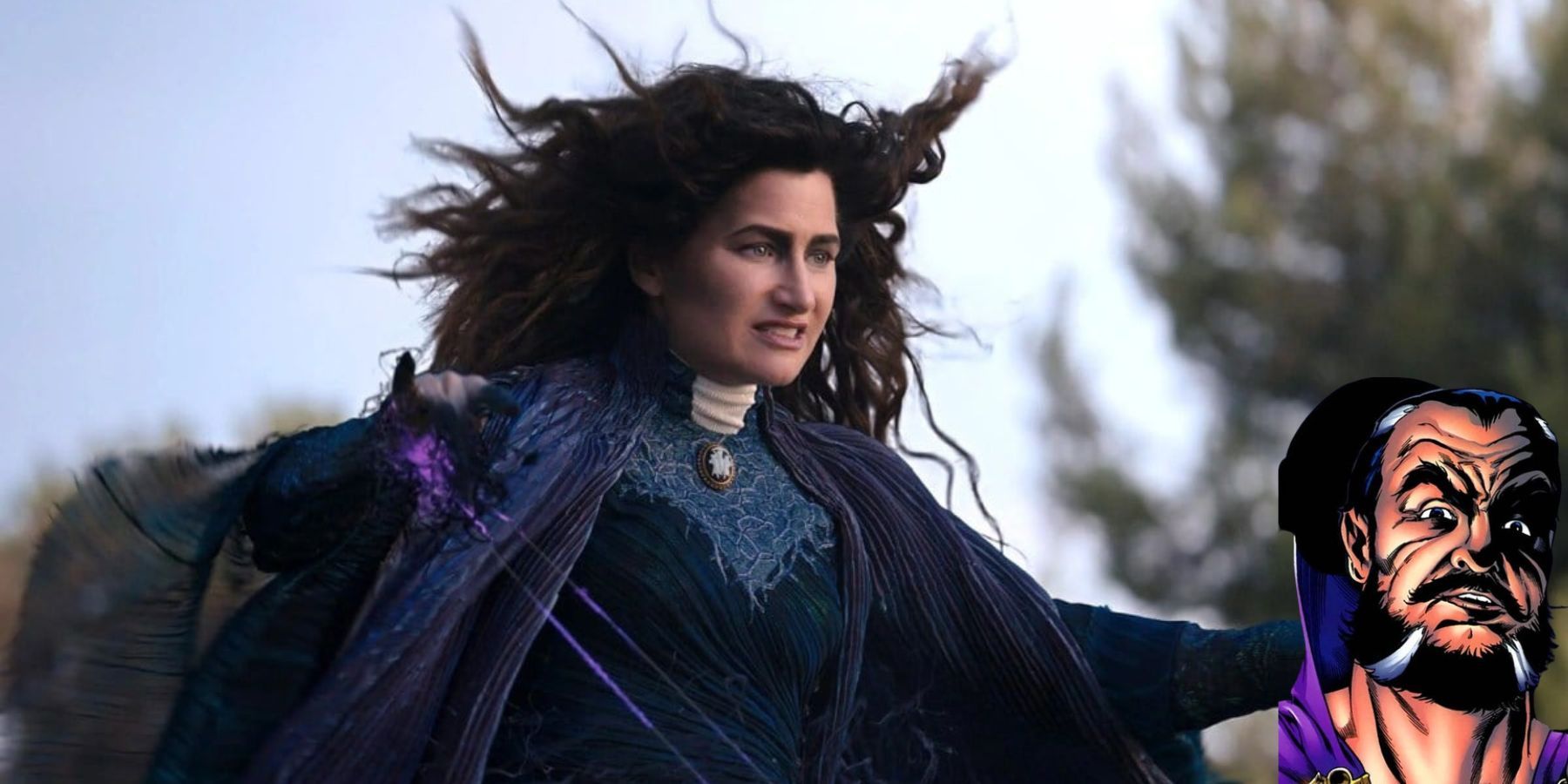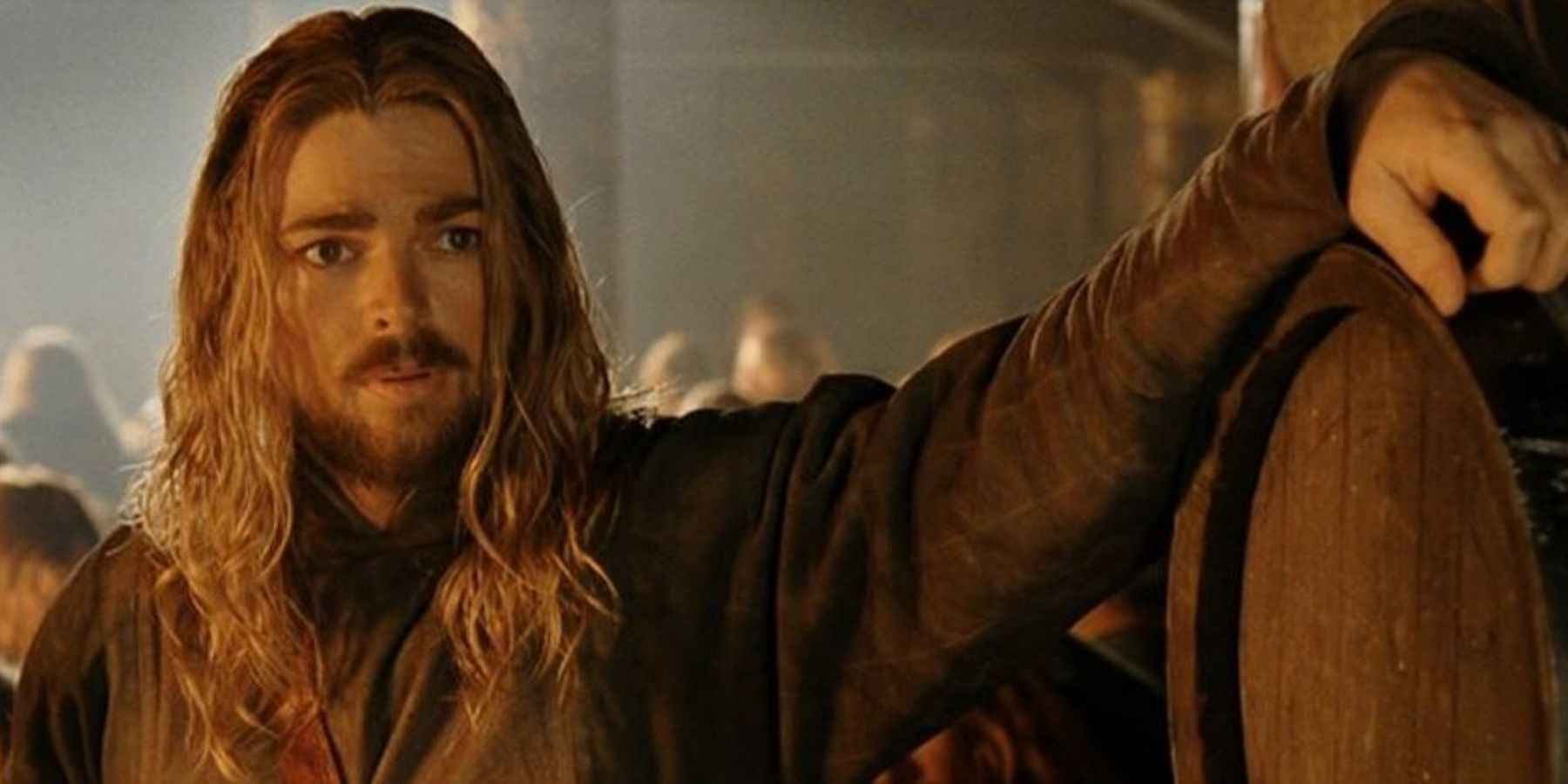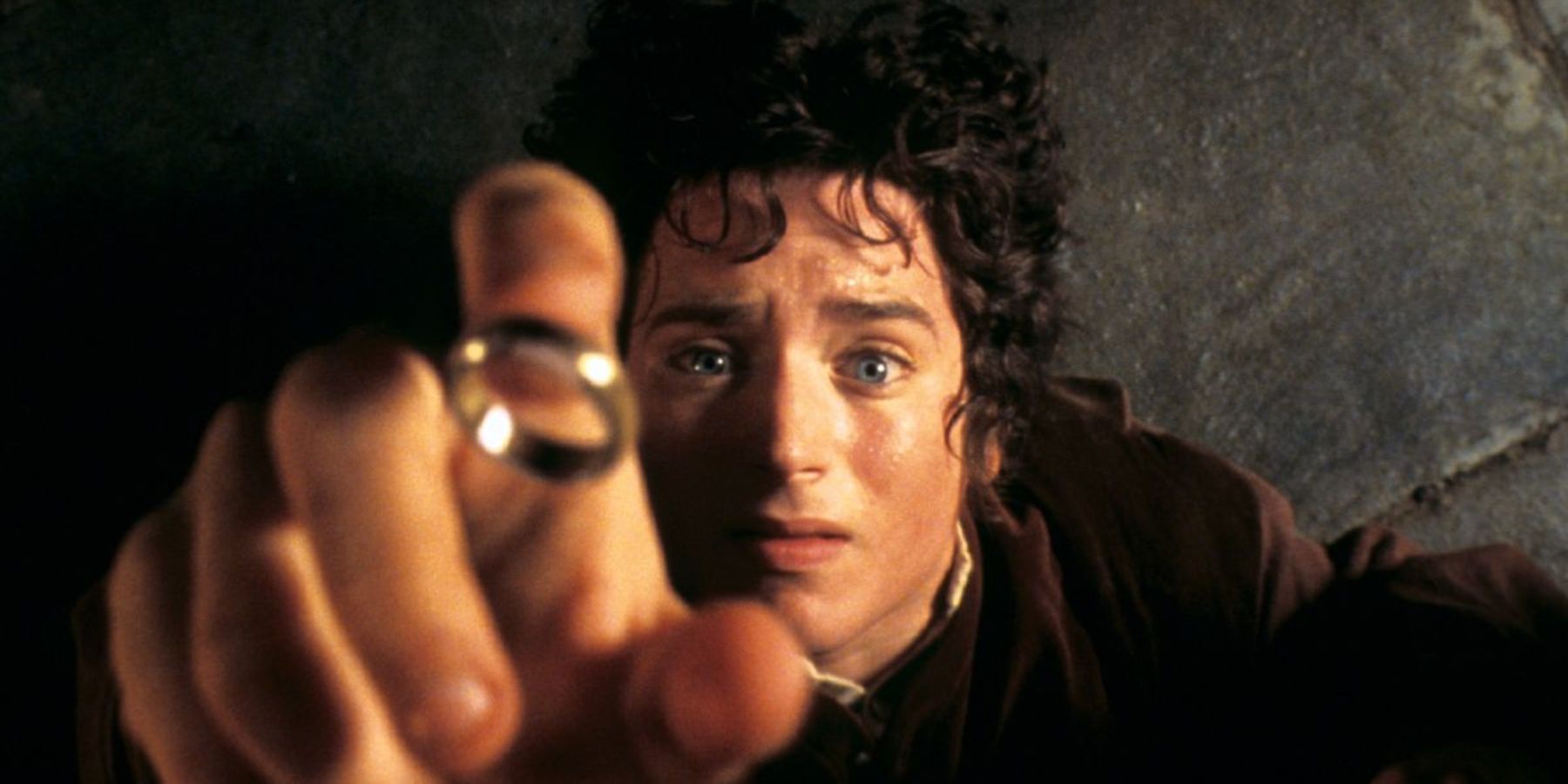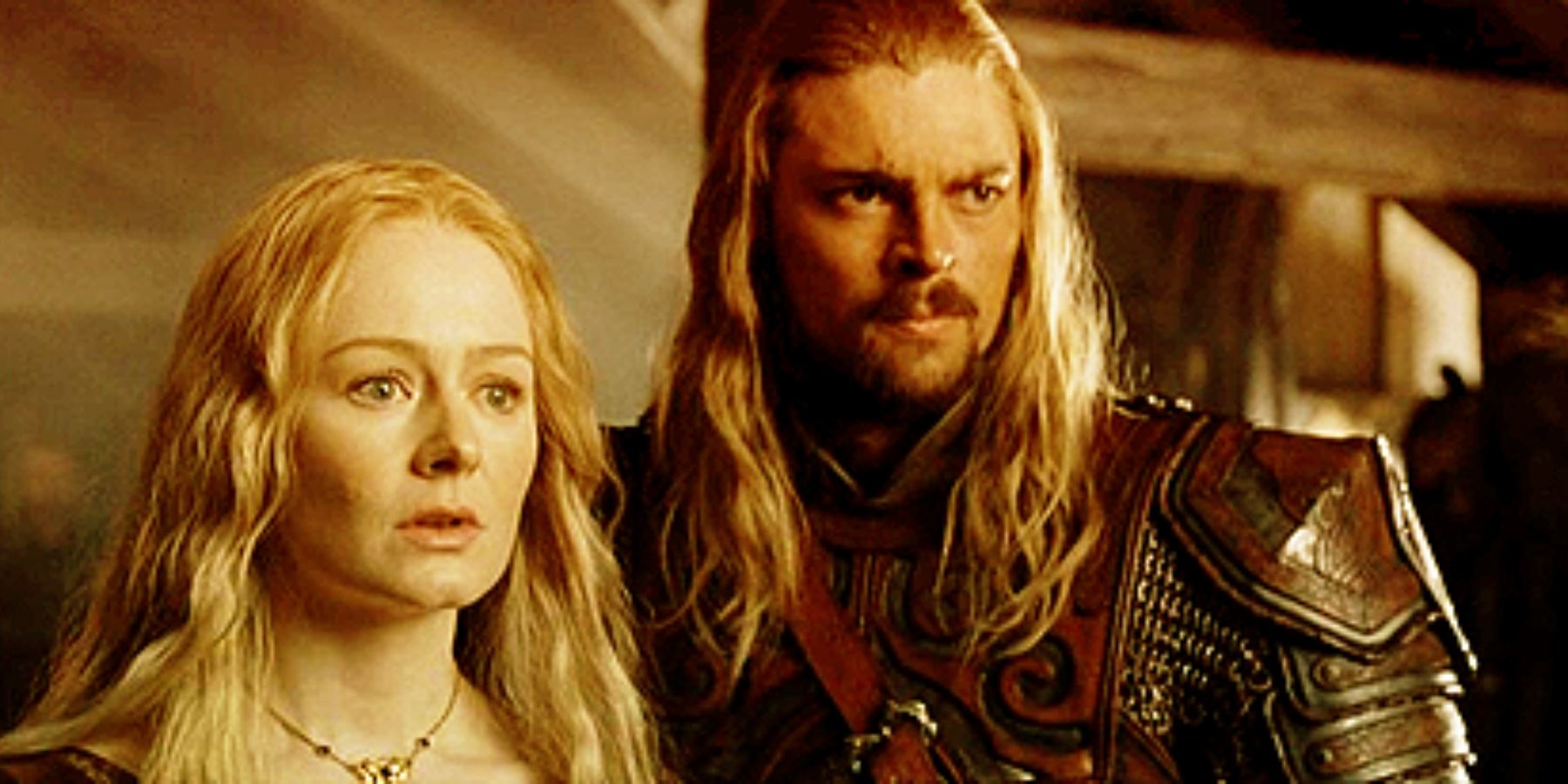One of the key themes in the Lord of the Rings trilogy is the question surrounding fate, and whether it is the choices of the characters that lead them down certain paths, or whether it was always destined to turn out that way. There are definitely arguments for and against both sides of this debate. For example, Frodo chooses, right at the last moment, not to throw the ring into the fires of Mount Doom to destroy it, a choice that jeopardizes the fate of all of Middle Earth. But, Gollum chooses to pursue Frodo and Sam right up to the very last, and it is actually Gollum who ends up in the lava, taking the ring in with him.
It could be suggested that these were both conscious decisions that led to certain outcomes, but it could also be argued that it was fate that led them all to this place, and fate that spared Frodo’s life and took Gollum’s instead. Gandalf does say much earlier on in the trilogy “something tells me that he still has some part to play in all of this” which sounds a lot like there is already a pre-determined path before each of them.
This is a burden that many of the characters are very aware of, and seem to carry heavily. Galadriel for example, sees visions in her magic mirror, which helps her pass the test when she is presented with the ring of power right in front of her. Denethor, on the other hand, is shown visions of the future in a Palantir, which leads him instead to hopelessness and futility, as he believes that the disastrous outcomes of Sauron gaining dominion over the world is inevitable, and therefore there is no point in even trying to overcome this terrible fate.
And of all the characters, Bilbo and Frodo are of course, the most obvious choices, for protagonists who seem on one trajectory of a peaceful and quiet life in The Shire, but who are thrust into completely different adventures than they ever would have believed. Both hobbits make a choice to part-take in that adventure, Bilbo almost misses out entirely as he runs to catch the dwarves up the next morning, having changed his mind. But both hobbits achieve things more amazing than anyone, including themselves, ever thought they were capable of.
The same goes for another character in the Lord of the Rings, who ended up with a very different pathway from what he expected: Eomer. The famous rider of Rohan goes through several things that he never could have predicted along his journey. He is banished by Wormtongue under the decree of his ailing uncle, he is forced to leave his sister behind when he knows she is in the clutches of the lecherous traitor, he has to lead an army of riders into the battle to protect Minas Tirith, and ultimately he takes over a kingdom that was never his to rule.
The truth is, Eomer never should have been king. Unlike Boromir, who was raised with the weight of his father’s expectations, and trained and hounded and transformed into a ruler, a leader, a noble and brave man strong enough to govern the kingdom of Gondor, Eomer never had such training and emphasis placed upon him. No doubt he was trained as a warrior, a rider, a noble man as a royal blood of his kingdom, but he was never prepared to become king, and never meant to be a leader because this duty was always meant to fall to his cousin Theodred, king Theoden’s son.
Unfortunately, Theodred is wounded in battle against the orcs, and then later dies of the poison in his veins (though whether the poison is from the weapon in question, or part of a nefarious plan by Wormtongue has long been debated.) The throne, therefore, comes to Eomer, who is the next male heir in line, but he seems surprisingly ill-equipped to know how to manage it, especially in comparison to his sister Eowyn, who shows all of the same battle-prowess as him, and has shared many of the same life experiences as him, and yet seems to have a better moral compass, a greater understanding of people and their strengths and weaknesses, and a better capacity to make allies among the surrounding kingdoms, which potentially would have made her a much better ruler.
However, considering that Eomer should have never become king, and it is something that fate thrust upon him, he does do a great job, and does lead Rohan into prosperity by working alongside Aragorn to foster the Reunited Kingdom in the Fourth Age of Middle Earth. There is an unprecedented era of peace, in which the allyship between the kingdoms remains forever strong, and is passed down to Eomer's son, and to his son after him. So perhaps fate, or Eru, the creator of all things from The Silmarillion, or destiny, whichever power that be guided them through this journey, already had this in store from Eomer from the start, because he was always capable of greatness.

